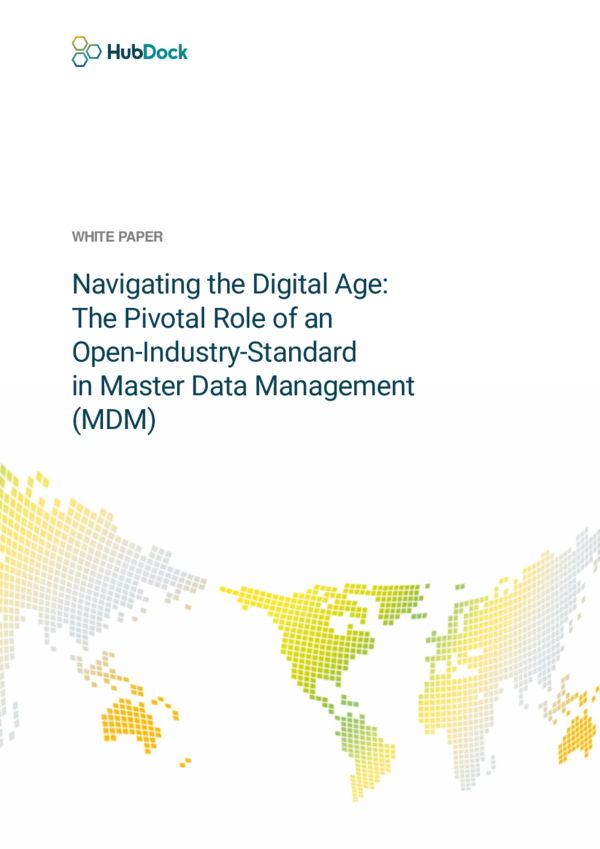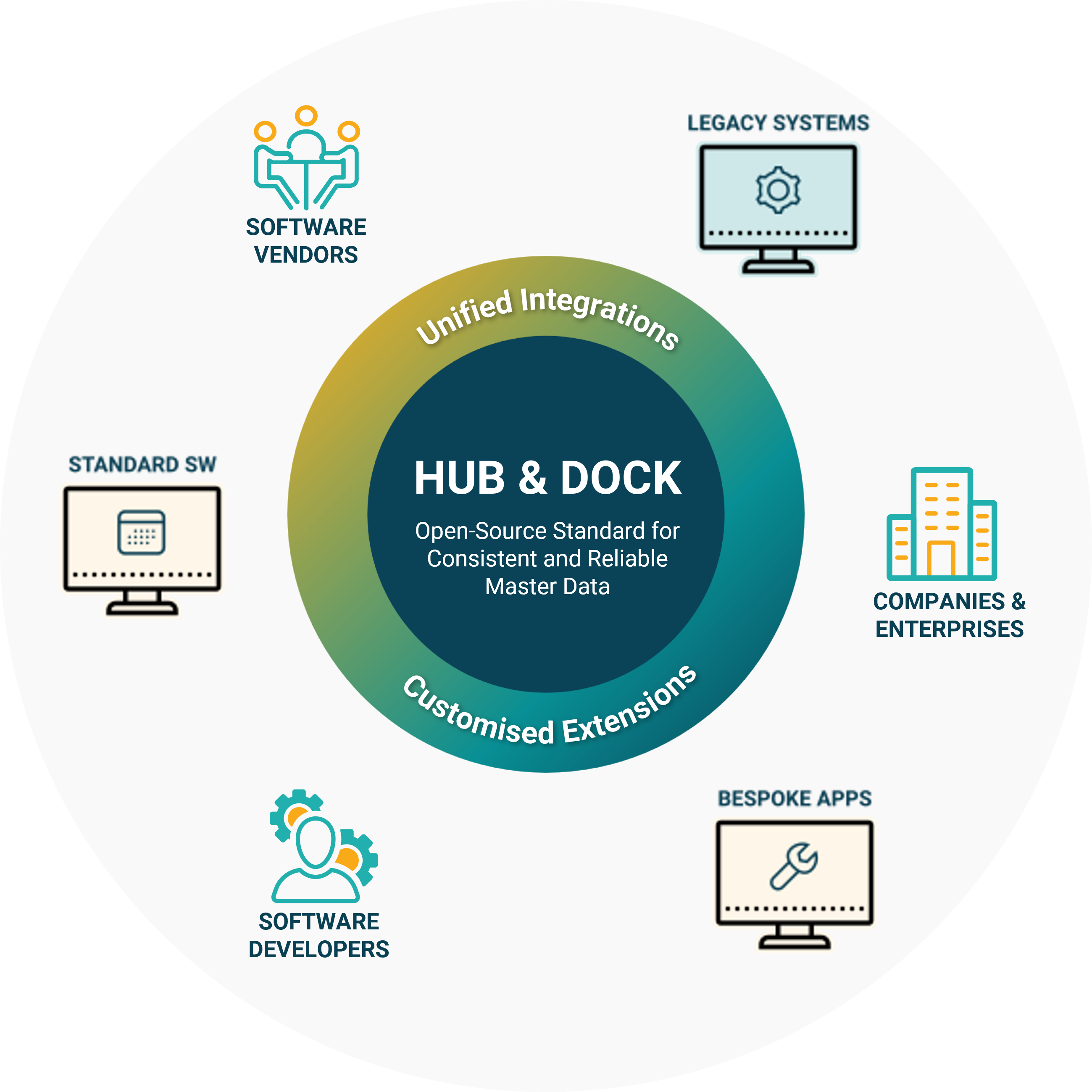Open Cloud MDM Alliance – OCMA
Establishing the first 'Open Industry Standard for Master Data Management (MDM)'
The imperative for an Open Master Data Management (MDM) standard is clear and pressing.
Without such a standard, enterprises and companies worldwide will navigate an increasingly complex maze of fragmented data systems, encountering growing inefficiencies and data inconsistencies. This escalating complexity inevitably leads to rising tech debts and substantial operational challenges.
Organizations face a dilemma: Either grapple with these escalating problems or turn to costly, vendor-specific MDM and Data Mesh solutions that can compromise flexibility and scalability.
OCMA solves this dilemma by advocating for a third option:
An open-source MDM standard solution that ensures consistency, integration, scalability, and operational excellence – all based on an interoperable MDM ecosystem that fosters mutual benefits and a paradigm shift in the data management practices of the 'traditional' software industry.


